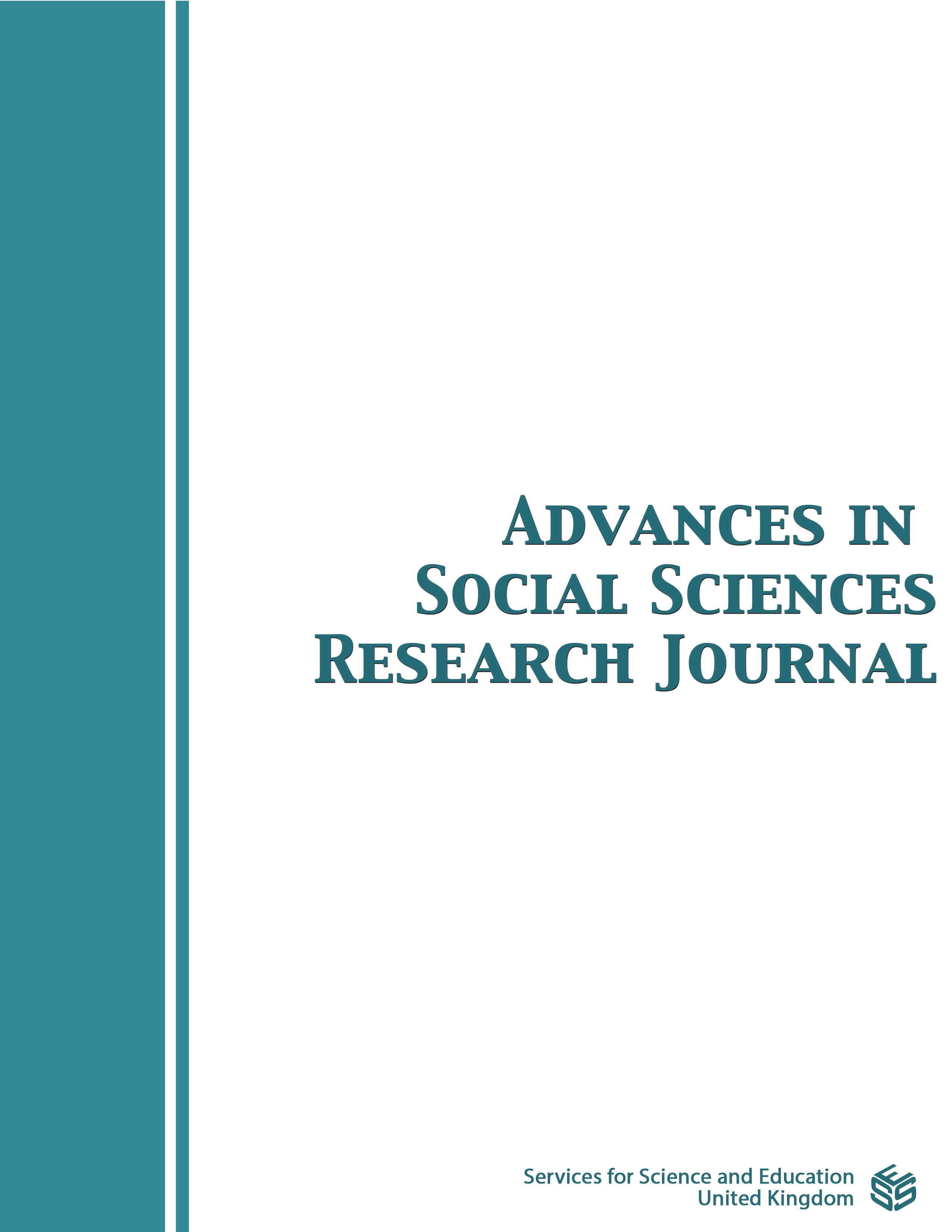Restorative Justice: An Idea Whose Time Has Come?
DOI:
https://doi.org/10.14738/assrj.1110.17719Keywords:
Restorative justice, victim, offender, penal justice, languageAbstract
Is restorative justice, an idea whose time has come? Or do we still await the tipping point to arrive? This paper explores the relevance of restorative justice by engaging with primarily three texts—Changing Lenses (Howard Zehr), Returning to the Teachings: Exploring Aboriginal Justice (Rupert Ross), and The Expanding Prison (David Cayley)—on the subject. While the texts are primarily an exploration of the concept of restorative justice in the west. They also raise questions are of universal concern. I subscribe to the standpoint of universal values, with a qualification. It must be arrived at, by becoming conscious of the myriad hues that characterize human life, by respecting and learning from differences. The idea of universal values has to be a result of a conversation, a dialogue. It is with this perspective that I approach the readings. The introduction in the first section is followed by laying out of the key points of the texts in the second. Howard Zehr’s Changing Lenses is a primary text, which has been quoted and interrogated by the other books. In the third section is in an interview format where I share brief portions of a conversation that I had with a lawyer working in the Supreme Court of India. This section brings out the contrast and similarities between the penal justice and restorative justice approaches. In the concluding section four, I discuss some of the changes that are needed to realize restorative justice.
Downloads
Published
How to Cite
Issue
Section
License
Copyright (c) 2024 Rina Kashyap

This work is licensed under a Creative Commons Attribution 4.0 International License.
Authors wishing to include figures, tables, or text passages that have already been published elsewhere are required to obtain permission from the copyright owner(s) for both the print and online format and to include evidence that such permission has been granted when submitting their papers. Any material received without such evidence will be assumed to originate from the authors.






